
A guide to XAutoML: A tool for visual analytics
XAutoML is an analytics tool that explains the AutoML optimization procedures and machine learning pipelines constructed by AutoML.

XAutoML is an analytics tool that explains the AutoML optimization procedures and machine learning pipelines constructed by AutoML.

SHAP values (SHapley Additive exPlanations) is an awesome tool to understand your complex Neural network models and other machine learning models such as Decision trees, Random forest.

In machine learning, the no-free lunch theorem suggests that all optimisation algorithms perform equally well when their performance is averaged over many problems and training data sets.
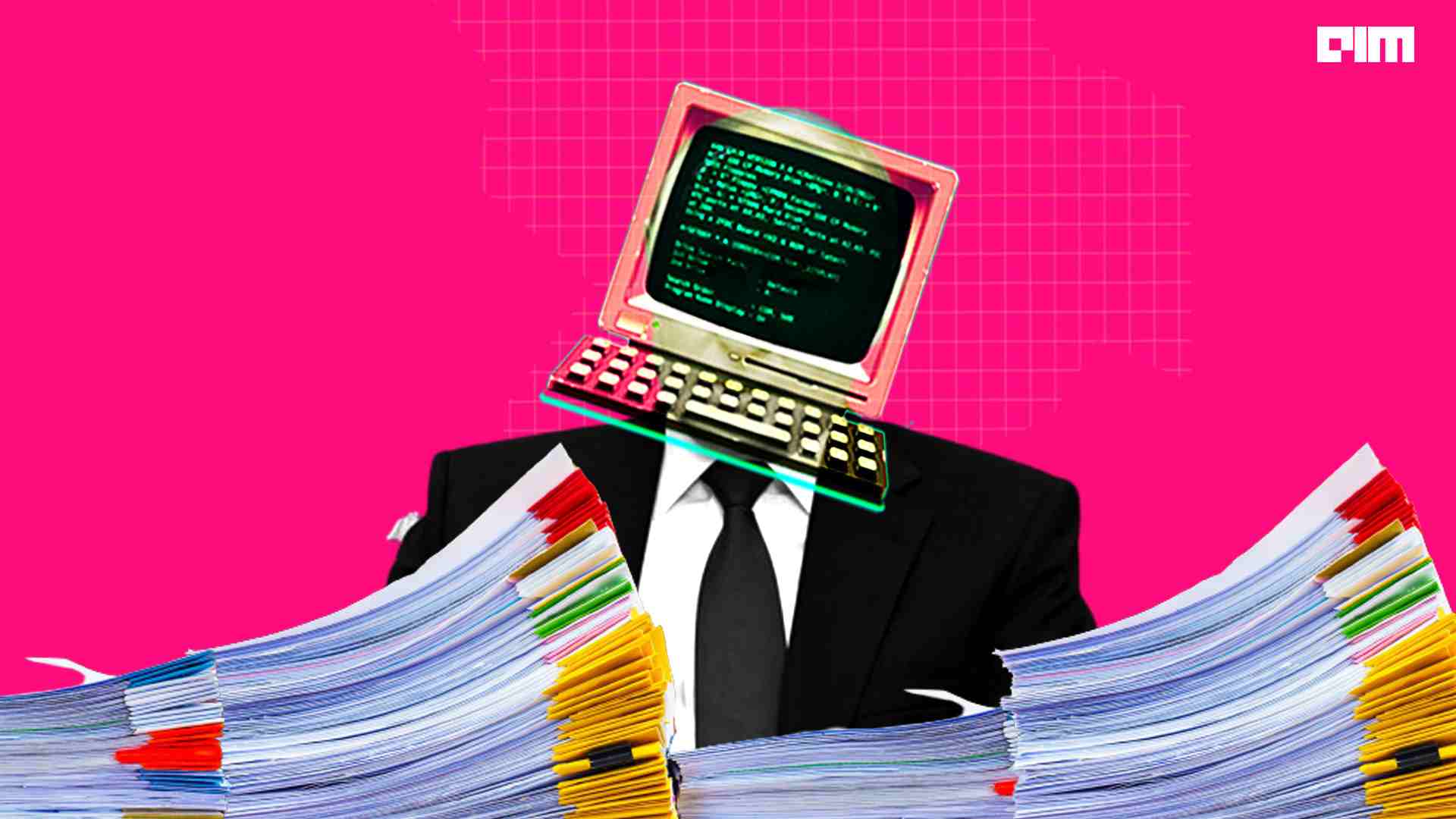
You can use resources like Machine Learning Subreddit and Deep Learning Subreddit to enrich your understanding.

Nearly 127 diploma institutes and 663 undergraduate colleges offer specialised courses in AI, data science, analytics, blockchain, machine learning, and robotics.

the history of compute in machine learning can be categorised into three eras – the Pre Deep Learning Era, the Deep Learning Era and the Large-Scale Era.
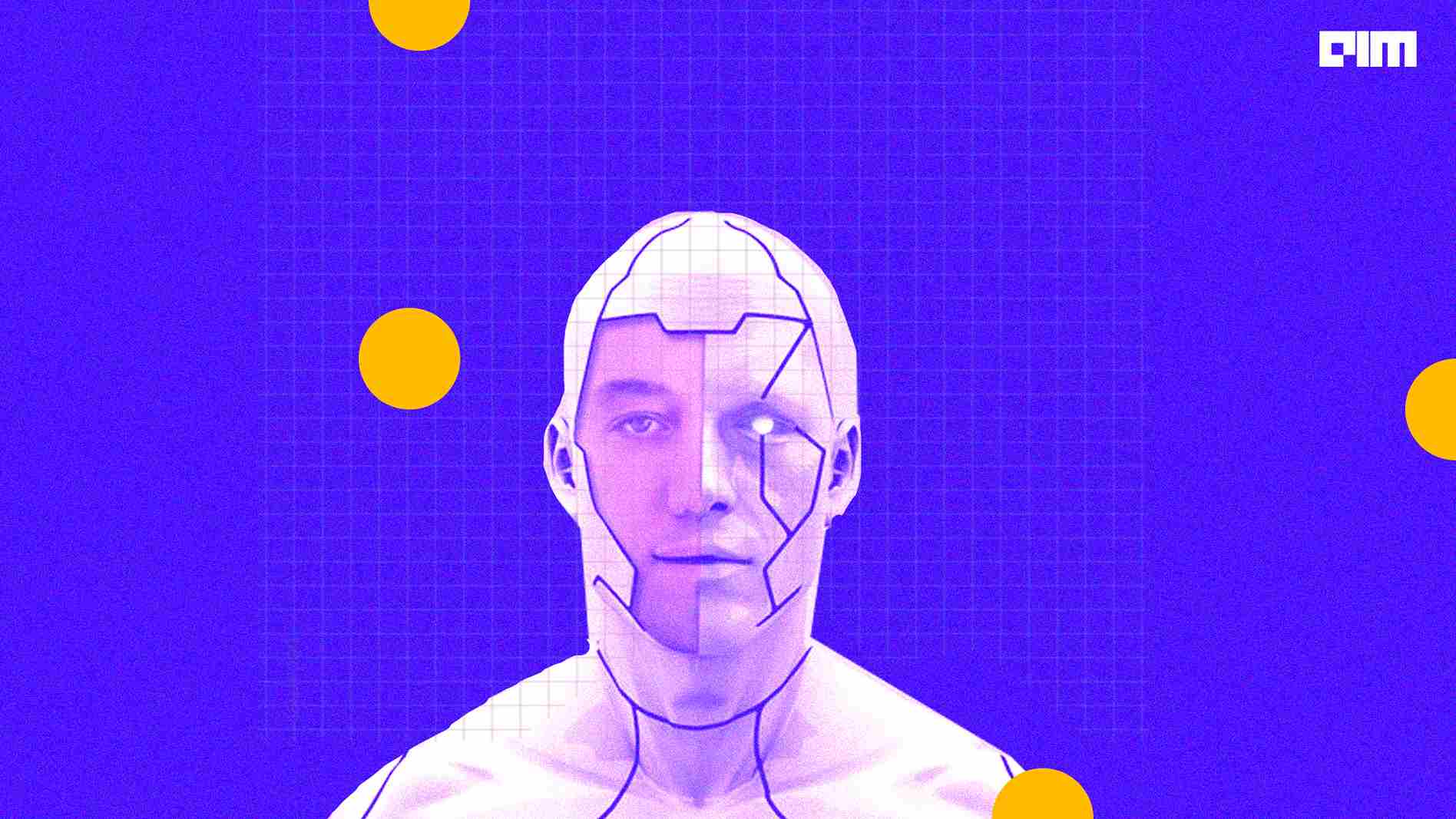
As per Gartner, supervised learning will continue to be the most popular type of machine learning in 2022.

FEDOT is a framework that supports automated machine learning modelling and is available to us as open-source. Using this framework we can customise the pipeline of machine learning modelling procedures.

I worked on changing the ride-sharing scene in Bengaluru using machine learning methodologies and data science.

For machine learning engineers, the biggest roadblock to getting models to production is access to compute resources.

In machine learning, optimization of the results produced by models plays an important role in obtaining better results. We normally get these results in tabular form and optimizing models using such tabular results makes the procedure complex and time-consuming. Visualizing results in a good manner is very helpful in model optimization.

The company’s AI platform Pulse brings solutions to their clients that combine machine learning and industry knowledge.

offers a 360-degree view to derive useful insights via services like data management, data engineering, data visualisation, predictive modelling, machine learning, voice analytics and marketing campaign execution.

This article is focused on making the procedure of NER easy and trustworthy. Since we know about the success of transformers in machine learning, we can say that for NER using a transformer can be reliable for us.

Random forest is also one of the popularly used machine learning models which have a very good performance in the classification and regression tasks. A random forest regression model can also be used for time series modelling and forecasting for achieving better results.

Kubeflow is an end-to-end machine learning stack orchestration toolset based on Kubernetes for deploying, scaling, and managing complex systems.
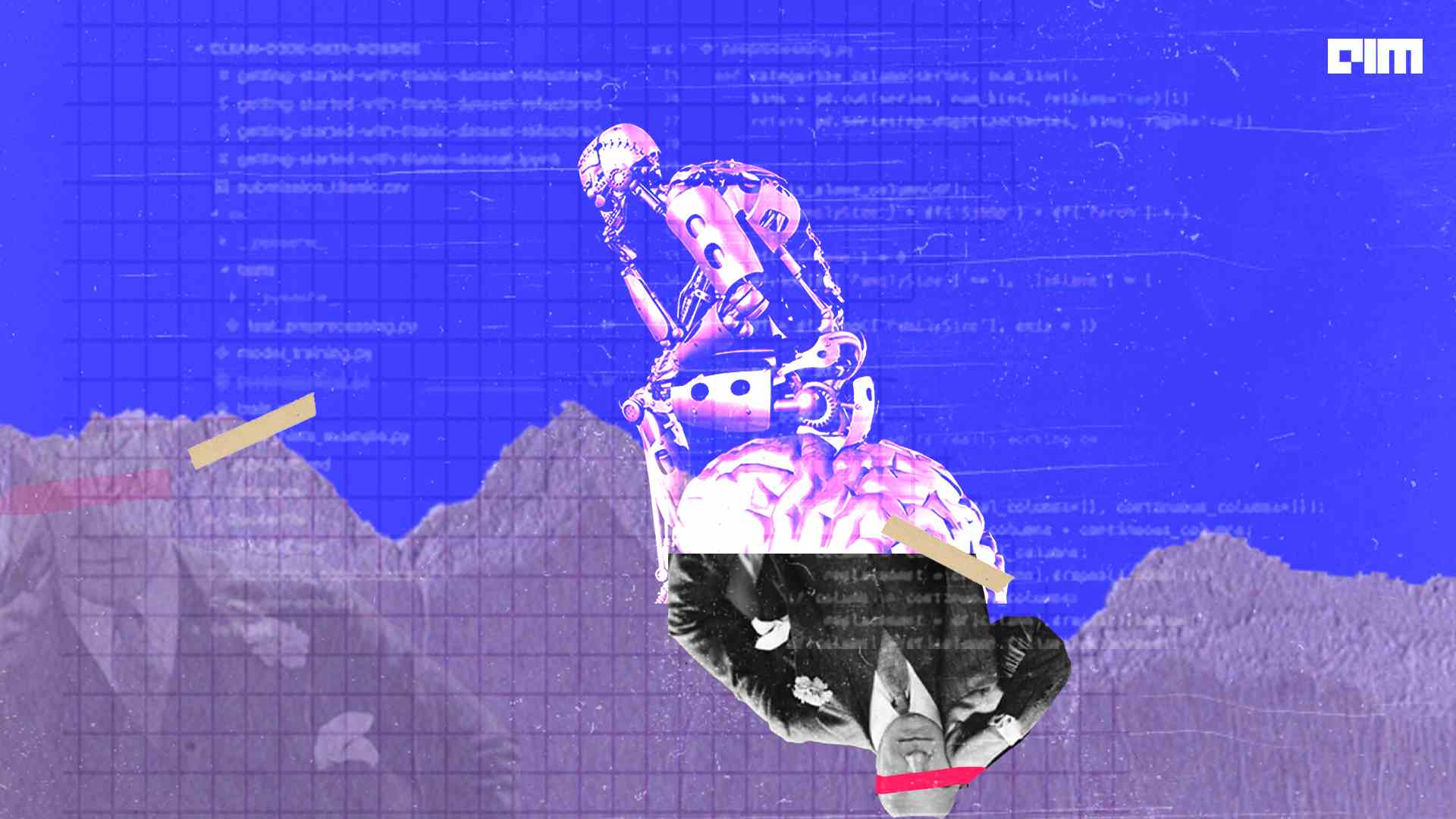
At the ICMR 2020 event, Yoshua Bengio stressed the need to move from unconscious to fully conscious machine learning approaches.

DeepCTRL is now being evaluated on machine learning use cases in physics and healthcare, both of which rely heavily on rules.

Kubeflow is an open-source platform for scalable machine learning model training and serving.

“A lot of machine learning research has detached itself from solving real problems, and created their own “benchmark-islands”.”

Our machine learning algorithms produce tailored, real-time recommendations for each customer as they shop.
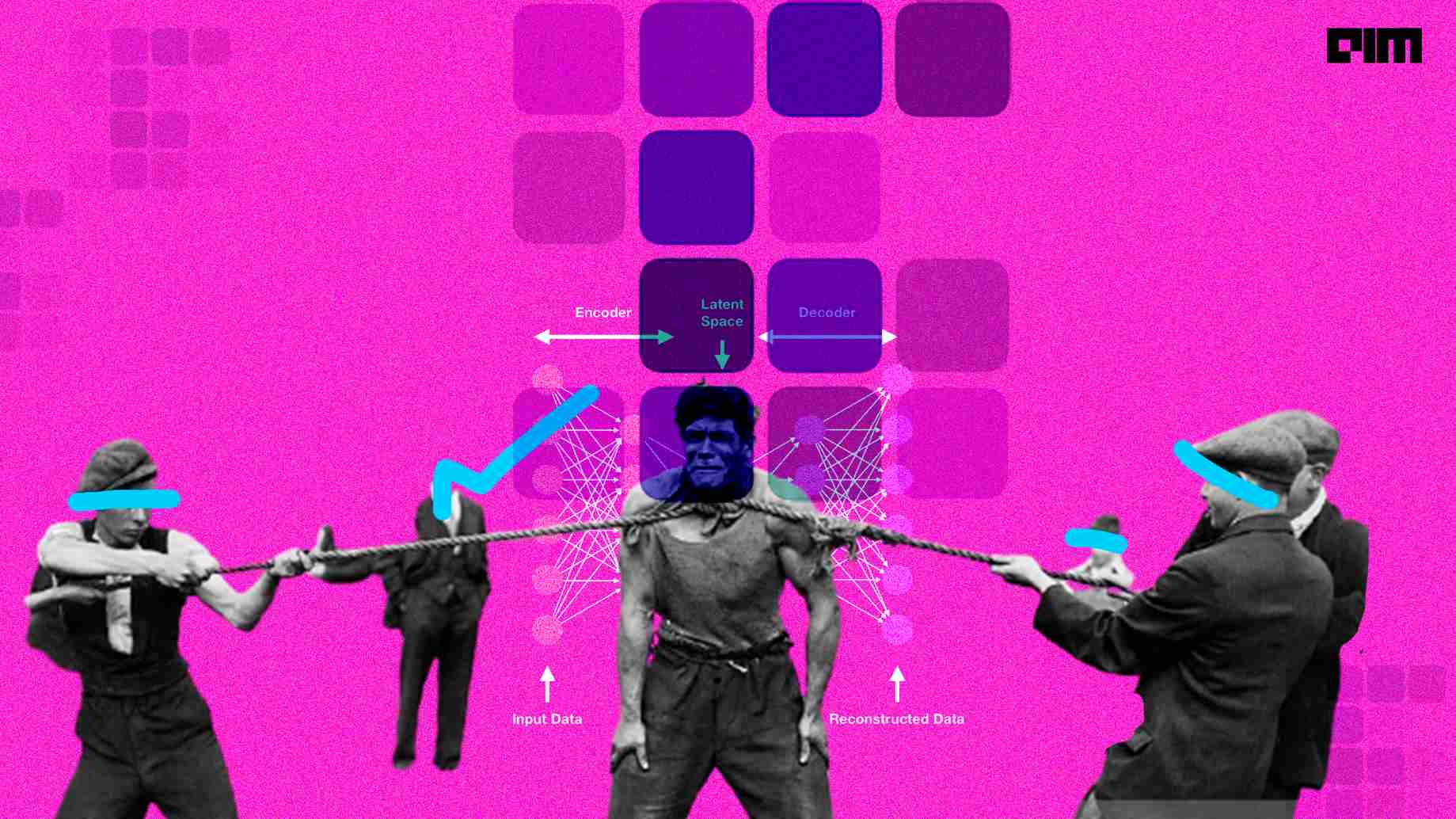
Most advanced machine learning models based on CNN can now be easily fooled by very small changes to the samples on which we are going to make a prediction, and the confidence in such a prediction is much higher than with normal samples.

In machine learning, ensemble approaches combine many weak learners to achieve better prediction performance than each of the constituent learning algorithms alone.

Explainability in machine learning refers to the process of explaining a machine learning model’s decision to a human. The term “model explainability” refers to the ability of a human to understand an algorithm’s decision or output.

IIT Delhi alumnus Sanjay Pillay has endowed the Pillay Chair Professor. This chair will enhance the institute’s strengths to promote excellence and leadership in teaching, research and development in Machine Learning, VLSI Design and Sensors.

TinyML’s scalable real-world applications, which can enable machine learning on small IoT devices, are currently being debated by IoT experts.
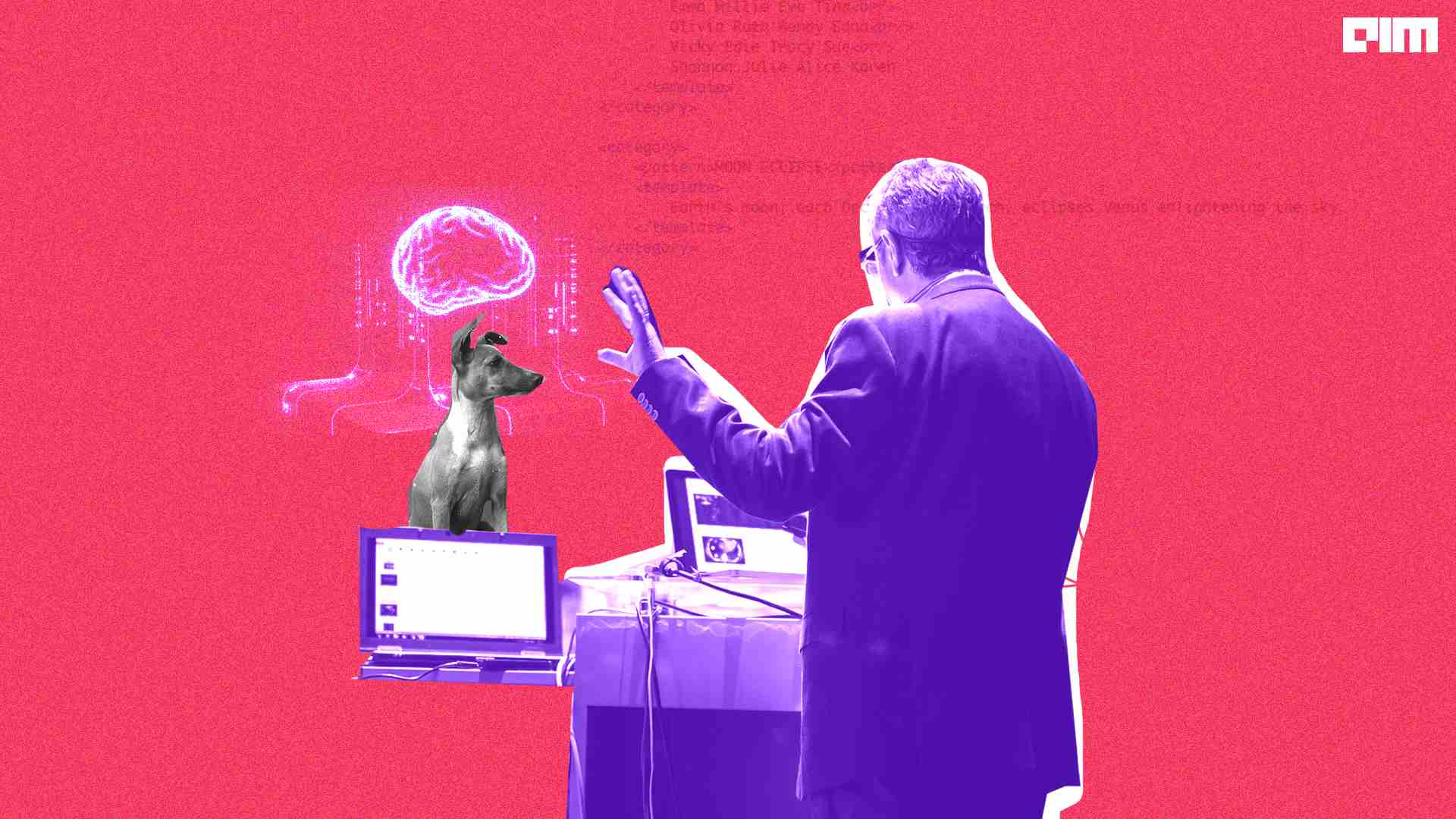
Analytics India Magazine has created a list of top AI and machine learning (ML) events that you should not miss in 2022.
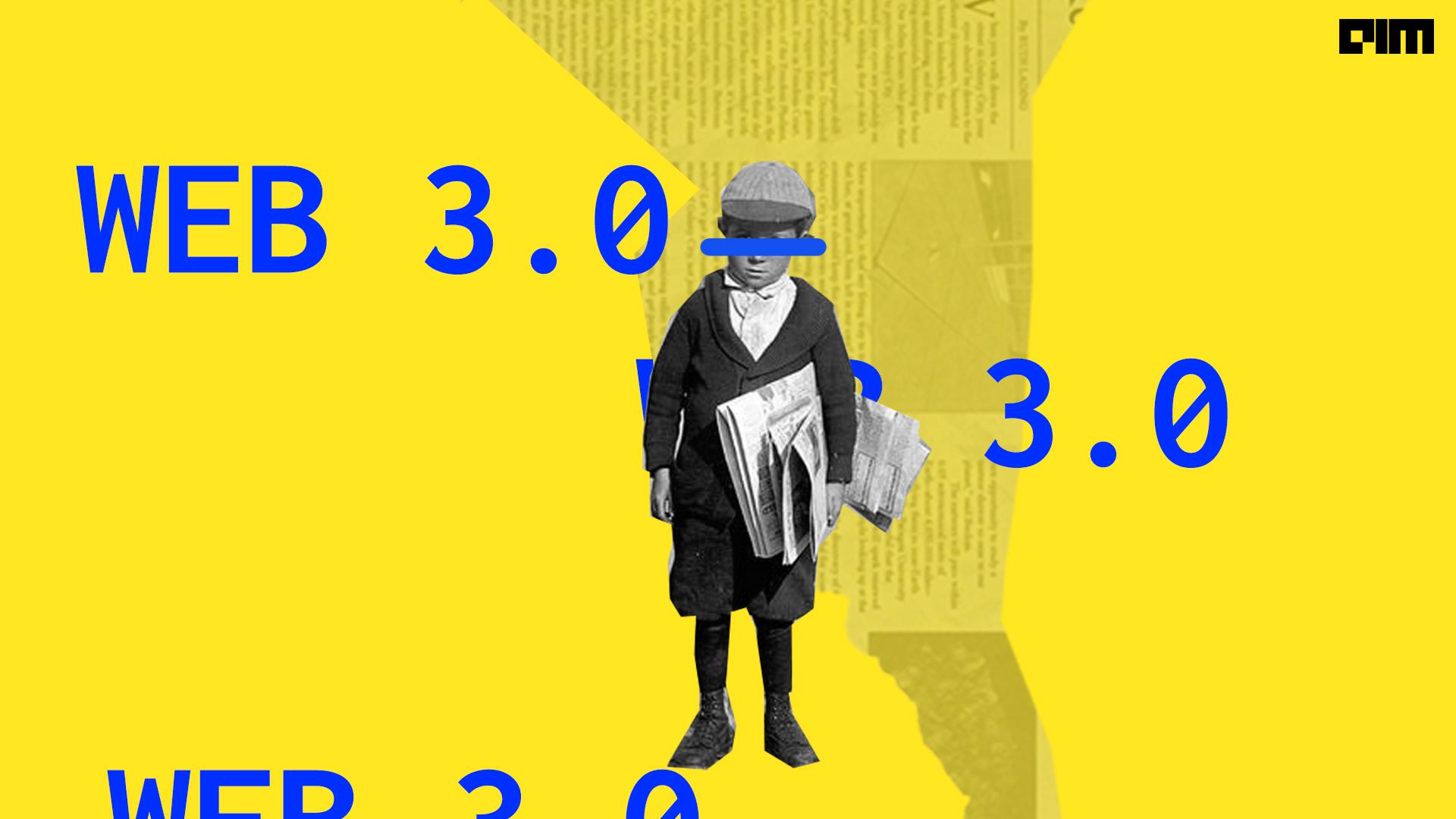
Web 3.0 has just enhanced the experience ever more by using new-age technologies like artificial intelligence and machine learning to create a data-driven internet

By acquiring Gradio, a machine learning startup, Hugging Face will offer users, developers, and data scientists the tools needed to get to high-level results and create better models and tools.
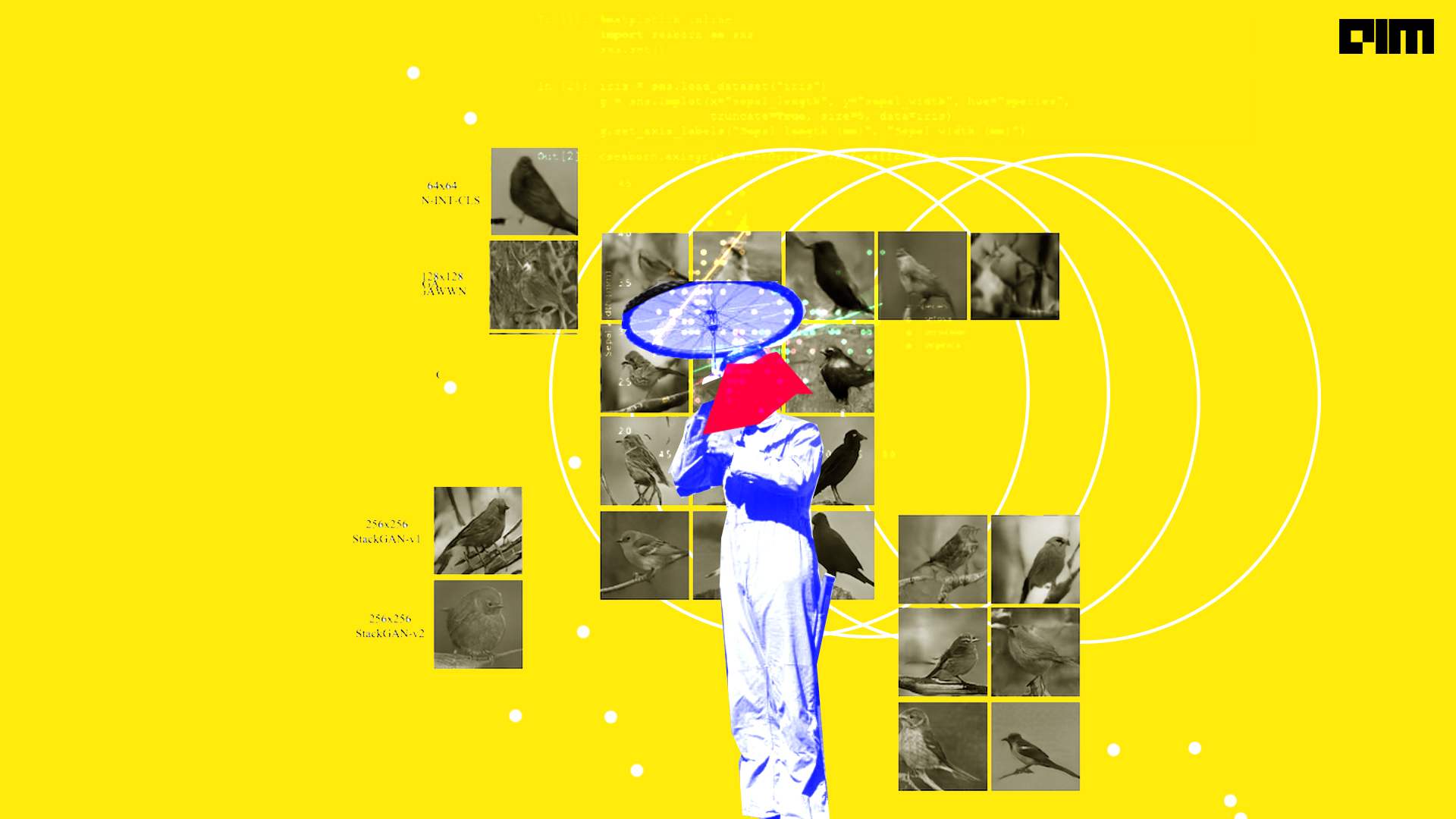
Automatically generating realistic images is a difficult task, even the most advanced machine learning algorithms struggle to meet this requirement.

Join the forefront of data innovation at the Data Engineering Summit 2024, where industry leaders redefine technology’s future.
© Analytics India Magazine Pvt Ltd & AIM Media House LLC 2024